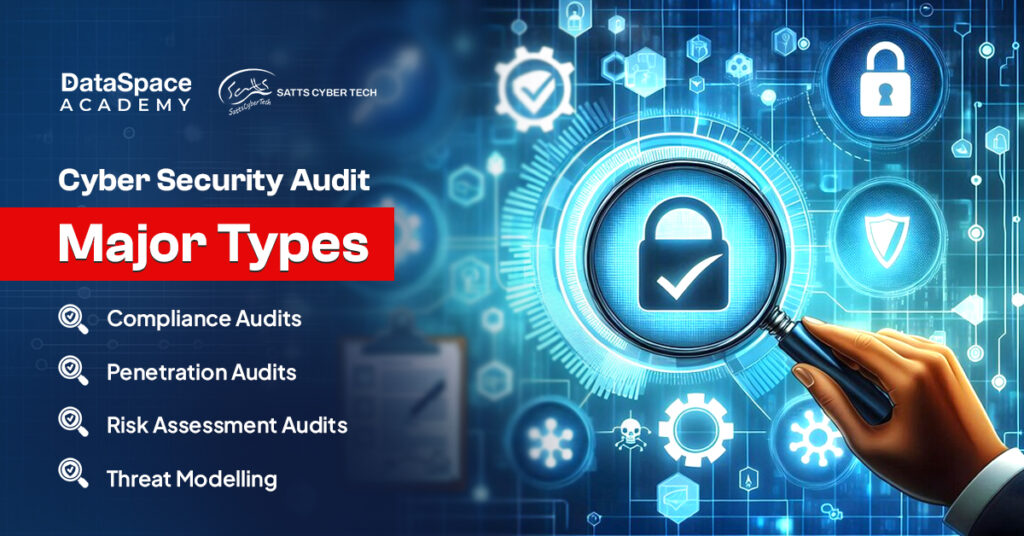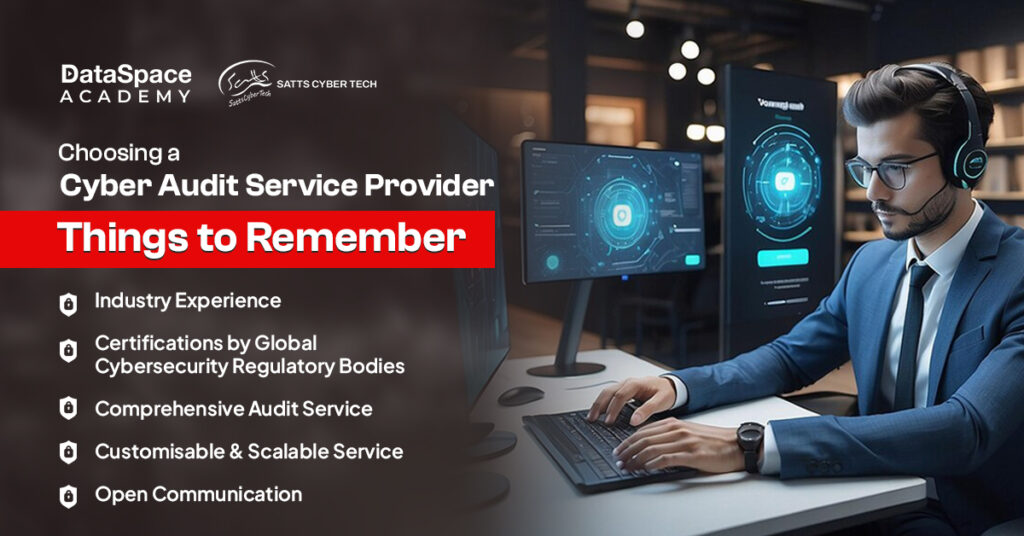Over 50% of organisations and businesses across the world reported losing a staggering
$300,00 in cyber attacks in Q1 of 2024!
Well, the figures above are scary enough to highlight the significance of a tight cybersecurity protocol for businesses and organisations today.
And it all starts with a comprehensive cyber security audit.
Industries across the globe are stressing the
importance of cyber security audit and investing heavily to hire talent for strengthening infrastructure. Irrespective of the business size, conducting a security audit is crucial to determine the security status of your venture and plan risk-mitigating strategies. As global businesses are encountering massive cyber assaults, the need for regular cybersecurity audits is becoming critical.
If you're an entrepreneur, IT professional, or just curious about cybersecurity, understanding the critical role of these audits in today's threat-prone digital environment is a must. Don't miss out on this essential read!
Cyber security audit is vital for ensuring that an organisation’s digital infrastructure is secure and compliant with regulations. By assessing security policies, controls, and procedures, the audit process identifies vulnerabilities and applies strategies to strengthen defence mechanisms against cyber threats. It provides insights into gaps that could expose sensitive data, ensuring proactive risk management.
Regular audits not only help businesses to thwart digital breaches but also develop trust with clients by reflecting their commitment to safeguarding their data. In other words, the audit process builds the first line of defense for
cyber security for business.
 Cyber security audits
Cyber security audits are generally performed by either the internal security team (pen testers & ethical hackers) or external 3rd party security service providers. Both parties apply various tools and techniques to effectively conduct cyber security audits. Let’s explore some of the types in detail.
Integrating security within the DevOps workflow requires evaluating potential security risks early on through threat modelling. This approach analyses business logic and system requirements to identify possible security vulnerabilities.
Threat modelling specifically focuses on 4 key areas:
The security audit process covers the following areas:

Identifying and mitigating sophisticated cyber threats is no cakewalk. So, here we present a list of concrete tips for choosing an
information security and audit service provider.
A cybersecurity audit is crucial for identifying vulnerabilities, ensuring compliance, and strengthening an organisation’s defense against cyber threats. As mentioned above, with cyber attacks on rise, there is huge demand for security audit experts. Put simply, cybersecurity is one of the promising career paths today. Join DataSpace Academy's
cyber security certification course to master the most in-demand security audit skills and build a rewarding career as a security expert.
Become a cyber warrior to safeguard sensitive data from illicit breaches, ensuring long-term security resilience.

 Cyber security audits are generally performed by either the internal security team (pen testers & ethical hackers) or external 3rd party security service providers. Both parties apply various tools and techniques to effectively conduct cyber security audits. Let’s explore some of the types in detail.
Cyber security audits are generally performed by either the internal security team (pen testers & ethical hackers) or external 3rd party security service providers. Both parties apply various tools and techniques to effectively conduct cyber security audits. Let’s explore some of the types in detail.
 Identifying and mitigating sophisticated cyber threats is no cakewalk. So, here we present a list of concrete tips for choosing an information security and audit service provider.
Identifying and mitigating sophisticated cyber threats is no cakewalk. So, here we present a list of concrete tips for choosing an information security and audit service provider.
